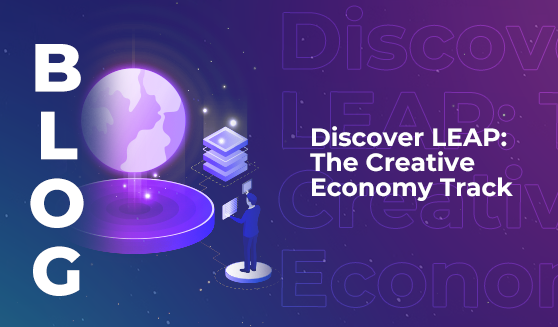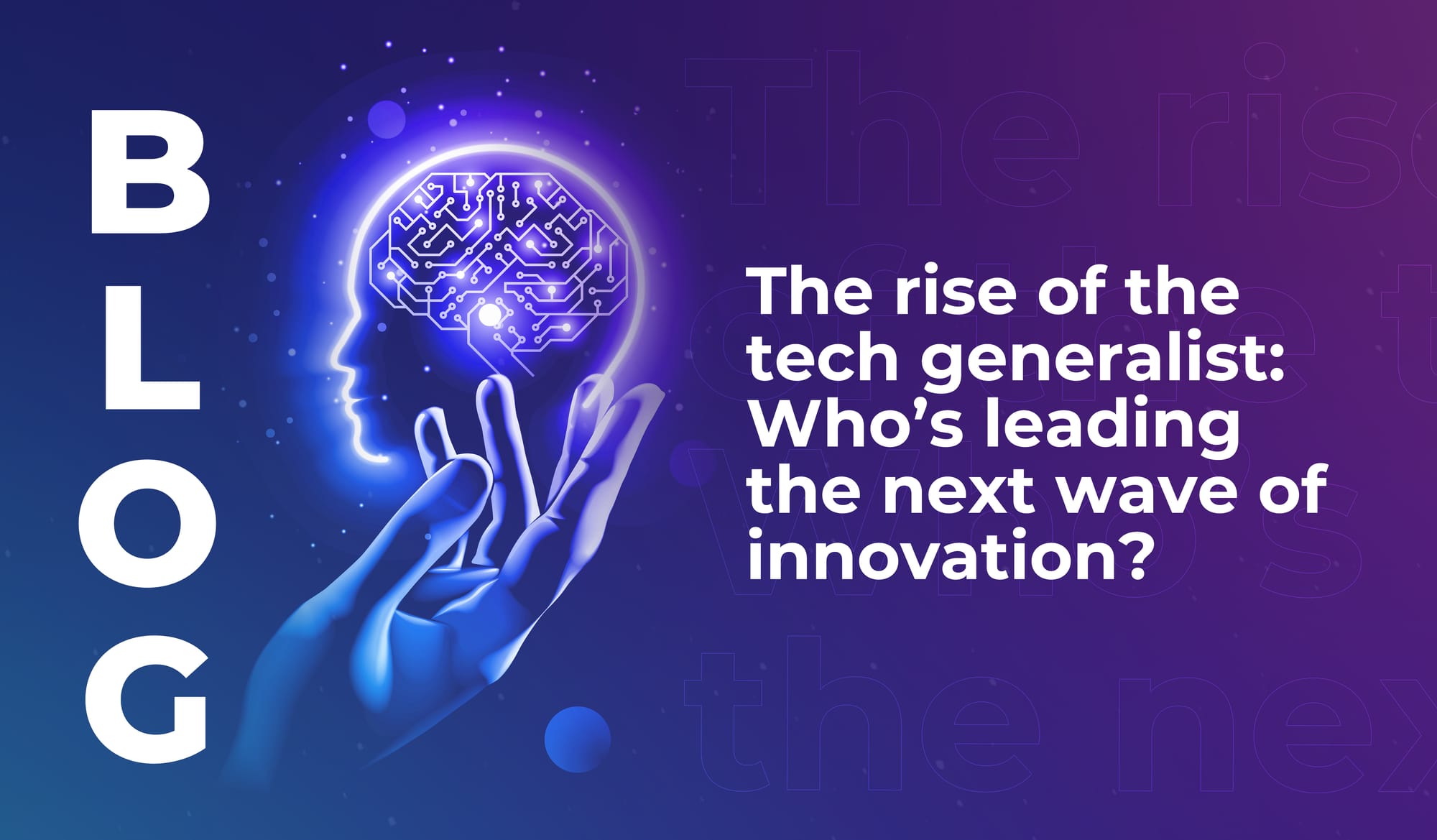
In the Discover LEAP series here on the blog, we’re introducing you to the different stages and content tracks that you’ll experience at LEAP 2025. Dig deeper into the opportunities we’re lining up, and find out more about some of the expert speakers who are preparing to share their knowledge in Riyadh, Saudi Arabia.
Who is the Creative Economy track for?
The Creative Economy track at LEAP is for anyone interested in the intersection of creativity, technology, and social impact. Maybe you’re a content creator, artist, designer, filmmaker, marketer, entrepreneur, or digital activist – you have a professional focus on creative industries, and you’re driven by imagination and innovation.
We curate a world-leading lineup of creative economy speakers to explore…
- Cutting-edge design
- The future of fashion
- Philanthropy
- The influence of AI on the creative economy
And much more. You’ll expand your understanding of the various ways in which technology is reshaping creative industries, and you’ll learn directly from content creators around the world who are leading the way and making positive change.
Key sessions on the Creative Economy track 2025
It’s impossible to tell you about all of the incredible sessions on the agenda at LEAP 2025 in one little blog post. But to give you a taste of what to expect, here are five key sessions worth putting on your don’t-miss-this list:
1. A Keynote with Jessica Kahawaty (Entrepreneur, Philanthropist and Model)
Jessica will discuss the intersection of philanthropy, social media, and global crisis management.
2. A Workshop with Eva Khan (Educational Leader at DesignMorphine)
A hands-on session – learn how to apply computational tools in design and education.
3. A Panel on the Future of Fashion Technology
Featuring Dutch fashion tech designer Anouk Wipprecht, a panel of experts will discuss the merging of fashion with robotics and technology.
4. A Keynote with Richard Mason (Best-selling Novelist and Screenwriter)
Delve into the evolution of storytelling in the digital era.
5. A Sensory Experience with Bittersuite
Led by Stephanie Singer (Composer, Creative Director and Artist) and Eileih Muir (Dance Artist, Choreographer and Creative Director), change your perspective with this interactive workshop that showcases sensory design.
Creative Economy speakers at LEAP 2025
Here are five more of our inspiring speakers who will expand your perspective and spark your creativity:
- Anicee Gohar (Filmmaker and Producer at Gohar Films LTD) – exploring the role of film and media in shaping cultural narratives.
- Fatma Ghaly (CEO at Azza Fahmy) and Amina Ghaly (Head Designer at Azza Fahmy) – sharing their insights on the preservation of cultural heritage through innovative jewellery design.
- Mai’s Vault (Content Creator, Influencer, Mai’s Vault) – speaking on how to create impactful content, and the transition from creator to entrepreneur.
- Fonz Morris (Lead Product Designer, Global Conversion & Monetization at Netflix) – discussing inclusive and user-centric design, and how Netflix designs products to cater to diverse audiences around the world.
- Stef Williams (Founder at Thisissefi) – emphasising the value of authenticity and creative leadership in the journey to build a personal brand and business.
What are we most excited about?
We’re excited to show you how technology, art, social relationships and social media create new opportunities for innovation and collaboration.
The sessions that emphasise how creativity can drive positive change in the world around us will inspire you to create content that has the potential to inspire action.
And we can’t wait to introduce you to incredible innovations that are transforming the global creative economy – from computational design tools to fashion robotics, and more.
Each year at LEAP, audiences have walked away from the Creative Economy track buzzing with new energy and motivation. You’re a creative human being – and we bring together the best sources of inspiration from around the world to reignite the spirit of creativity in business.
You’ll benefit from…
- Inspiration and practical insights: Gain access to the thoughts and research of industry leaders, and learn both visionary ideas and practical strategies that you can apply in your work.
- Networking opportunities: You’ll connect face-to-face with thought leaders, innovators, investors, and peers in creative industries, giving you a powerful opportunity to build collaborative relationships and potential partnerships.
- Hands-on experience: Our workshops and interactive sessions will offer real-time learning opportunities, guided by experts – in fields including design, storytelling, and technology integration.
Be empowered to think creatively, adopt new technologies, and harness your potential to have a positive impact on your industry and the wider world.
Ready to join us at the Creative Economy track? Register now to attend LEAP 2025.








